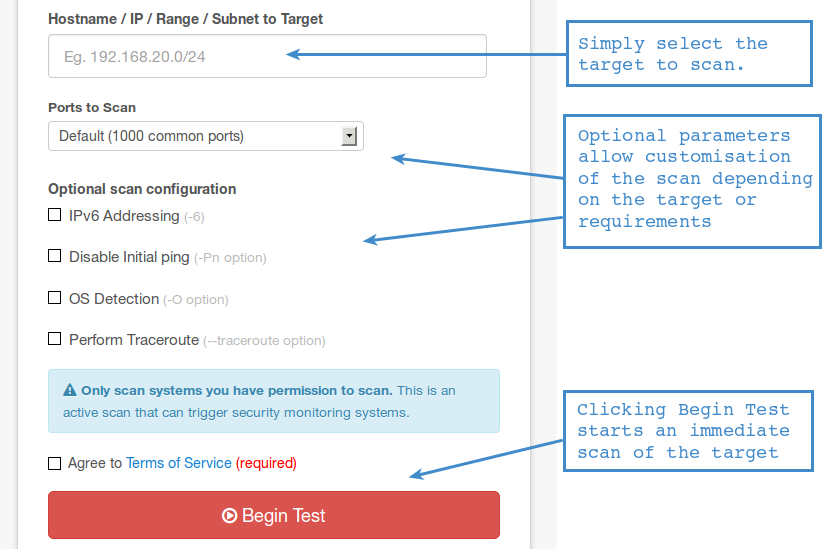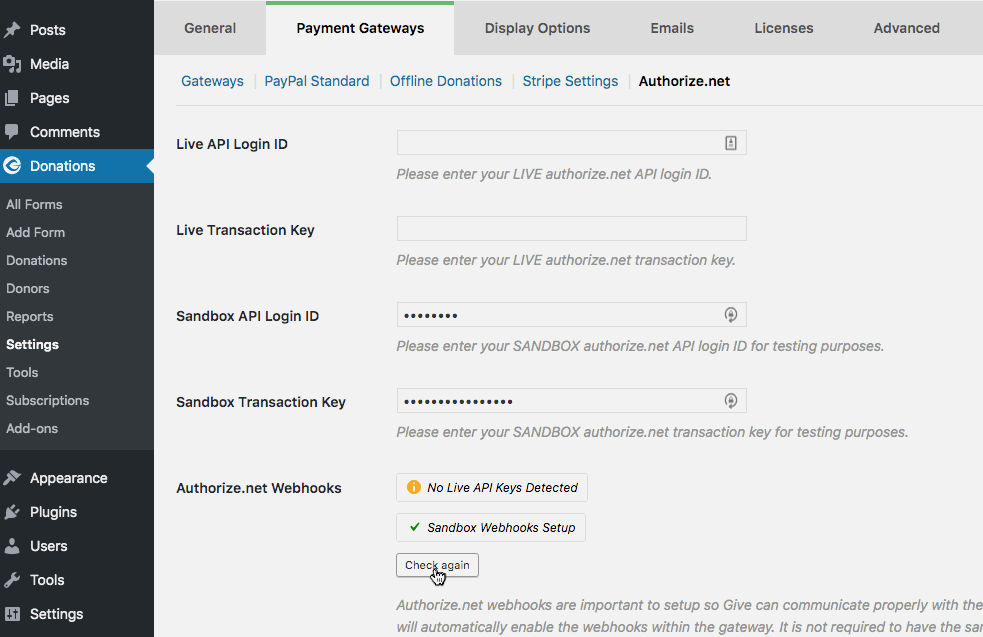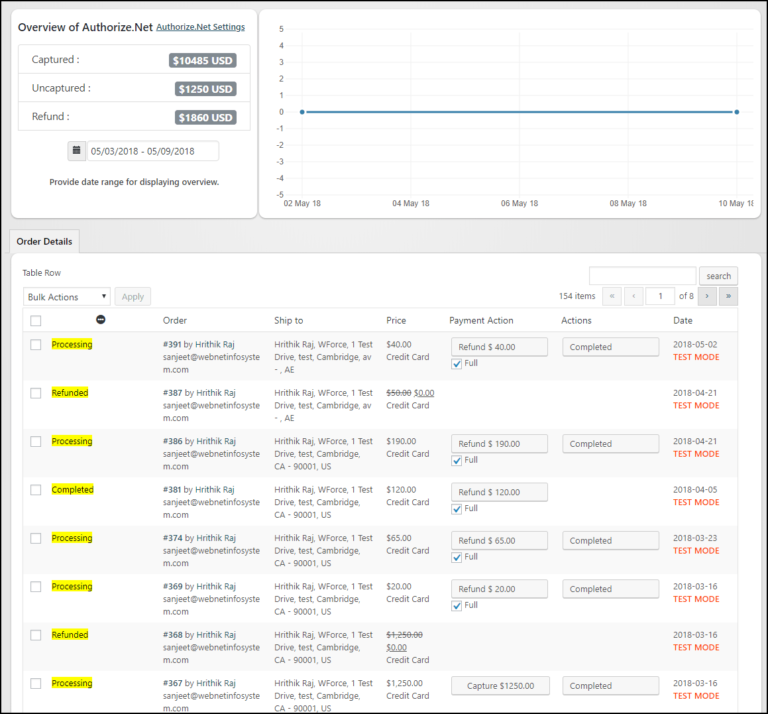


CenPOS is a merchant-centric, end-to-end payments engine that drives enterprise-class solutions for businesses, saving them time and money, while improving their customer engagement. B2B cloud payments solutions and CenPOS enterprise cloud payment solutions expert. For example, when a merchant logs into a virtual terminal using a web browser, or a customer makes a payment online via a hosted pay page or ecommerce shopping cart.Ĭhristine Speedy, CenPOS authorized reseller, 95.

Websites use TLS to secure all communications between their servers and web browsers. When you go to a web page and the URL is “https”, the S stands for secure, and the domain host has a security certificate installed and enabled on the web host. Transport Layer Security ( TLS) and its predecessor, Secure Sockets Layer ( SSL) are both frequently referred to as “SSL”. If you get a yes, go to your host administration and disable in security settings. If the browser is current, go to your web browser settings or preferences and disable SSL and TLS 1.0. Try updating your browser and then run the test again. If you get a YES next to TLS 1.0, SSL 3, or SSL 2, then hardening is needed. FREE Test SSL/TLS for Browser and Servers and updating TLS for card not present transactions:įree SSL and TLS test from Qualys. If you get a notice of non-compliance from your acquirer and use a virtual terminal, test your browser below. It’s up to merchants to maintain PCI Compliance. SSL 3.0 should have been disabled years ago.ĭo not rely on server host companies or consultants to do this for you. TLS 1.0 and TLS 1.1 need to be disabled from browsers, servers and related applications. Datawire will remove SSL v3, TLS v1.0, and TLS v1.1 on February 15th 2018.

Dates have been changing due to non-compliance so check with your partners. TLS Deadlines vary by acquirer and payment gateway. Because this is an absolute necessity, merchants are getting emails about hard stop dates if not fixed, merchants will not be able to process transactions after the deadline. That’s why all merchants need to upgrade to the most current version of TLS (Version 1.2) and should do so as soon as possible. Security company Zscaler blocked an average of 8.4 million SSL/TLS-based malicious activities per day in the first half of 2017 for its customers on its Zscaler cloud platform. Criminals are using the vulnerabilities at massive levels over prior years. Recently, multiple vulnerabilities have been uncovered. Either hardware may need to be replaced or software updated. Acquirers and payment gateways have set various deadlines in advance of the required PCI TLS v1.2 Security Protocol Upgrade by 2018. To keep your data safe, the Payment Card Industry Security Standards Council (PCI SSC) has mandated a security upgrade impacting all merchants where web browsers can be used in the payment process.


 0 kommentar(er)
0 kommentar(er)
